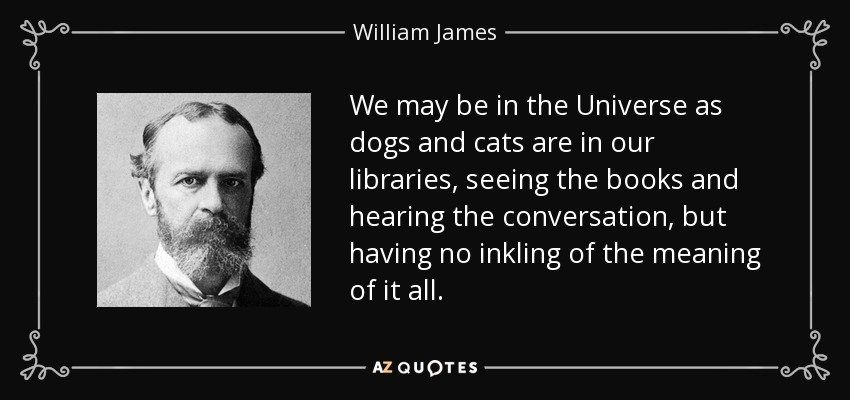William James’ contributions to philosophy and psychology have given rise to many theories and explanatory models for both disciplines, considered the father of American psychology for his pragmatic and functionalist approach, it is William James’ phrases that summarize his conception of psychology.
He was born in the United States into a wealthy family. The 1970s were a turning point in his life, he experienced a deep emotional crisis, married and began teaching at Harvard University in 1872, since then he has devoted himself to studying in depth the relationship between consciousness and emotional states.
- His first book.
- Principles of Psychology.
- Made him a very influential thinker; in addition.
- It has become his greatest contribution to psychology research; in the same way.
- This author left for posterity a series of great quotations of great meaning and wisdom.
“Anything you can hold firmly in your imagination can be yours. “
William James founded a psychology lab at Harvard, where he started the school of functional psychology. This model focused on the study of the mind as a functional and essentially useful part of the human organism.
“The greatest discovery of my generation is: a human being can change his life by changing his mental attitude.
He defined consciousness as a river, something of a continuous flow of thoughts, ideas, and mental images, so there is nothing in the mind that can be isolated or stored for study, since everything in it is related to a context.
“Nature’s most immobile barrier lies between one man’s thoughts and those of another.
With these phrases by William James, it is obvious that functionalism embraces the principles of the psychology of the act, understanding consciousness as a whole.
“We interpret the world according to our knowledge and beliefs
William James believes that each person’s beliefs, ideas, and thoughts are something that would make them inaccessible to others. This idea of privatization or hermeticism had a major impact on the philosophical conception of psychology.
“Every time two people meet, there are six people present. How each one sees himself, how he looks at each other and each person as he really is. “
In a way, this meant recognizing a limitation: admitting that experimental psychology could not fully understand the functioning of human thought. This assumes that by studying the human mind, we study an abstract construction, the “I”.
“Our worldview is made up of what we decided to hear
The main idea behind this model is that the real thing is what really works. His concept of truth is based on utility. That is, in pragmatic terms, the real thing is the useful thing. It is the consequences, the repercussions and what we receive from something that allows us to categorize it as true or false.
“There is no greater lie than misunderstood truth.
This is one of William James’s great phrases that, while astonishing, leaves his conception of the patent of truth. For him, there is no absolute truth, but different points of view.
“Uncalculated IP decimals sleep in a mysterious abstract realm, where they enjoy a weak reality, until they are calculated, they do not become entirely real and yet their reality is just a matter of degree.
This pragmatism alludes to and argues that the meanings of experiences or behaviors are changed or developed based on results. Subsequent judgments, in turn, give us a relative idea of what it can be like in the development of that sense.
“If you think feeling bad or worrying is going to change the past or the future, you live on another planet, with a different reality.
Specifically, James-Lange’s theory, a theory that was proposed simultaneously by Carl Lange and James himself, but independently, in 1884, is based on the idea that emotion is the result of the internal perception of physiological changes. Don’t cry because we’re sad, we’re sad because we realize we’re crying.
“It seems that the action is followed by emotion, but in reality the action and feeling go hand in hand; and by regulating the action, which is under the control of the will, we can directly regulate the emotion.
His model is mechanistic because he postulates a direct relationship between changes in the body and the perception of the stimuli that provoke emotion, in this way we close the revision of the phrases of William James that symbolize the most remarkable of his thinking, the thought of one who, for many, is the father of psychology.

